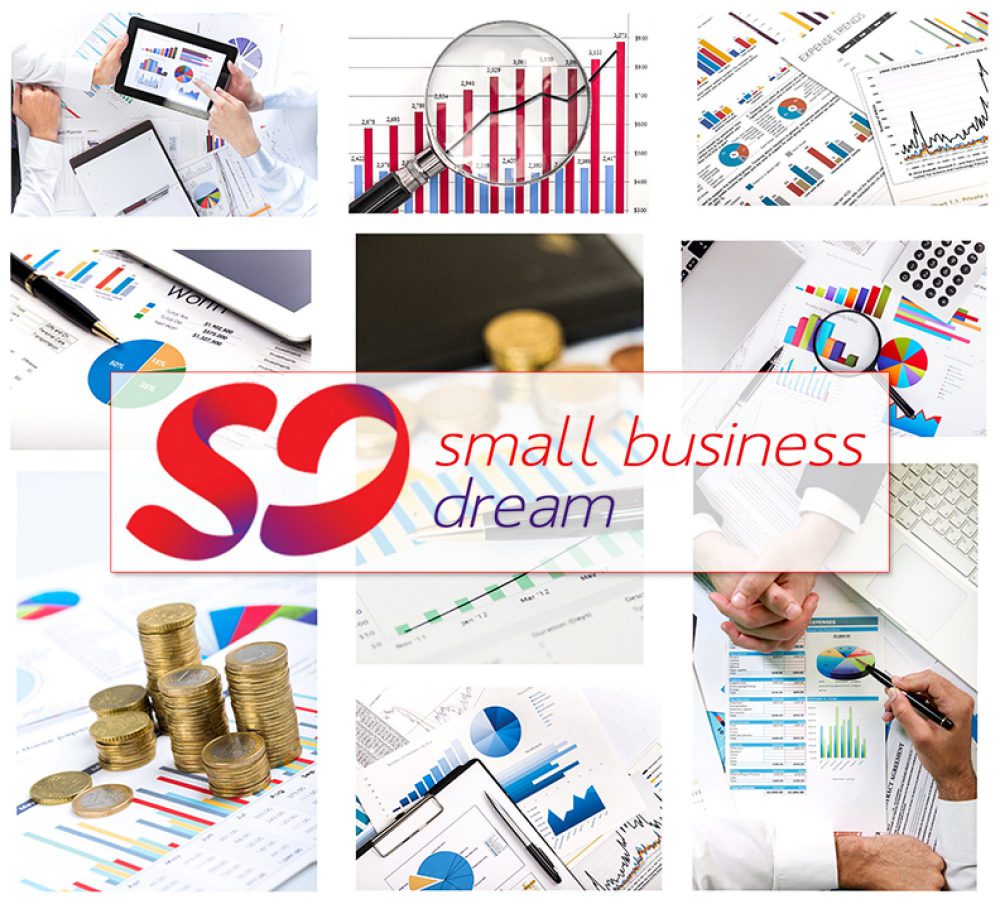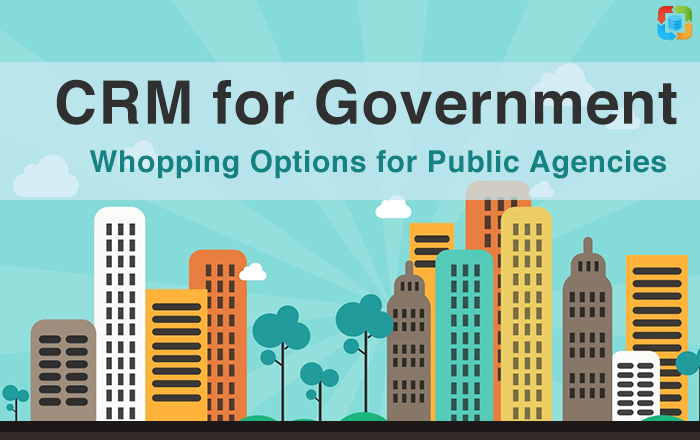When we think of Customer Relationship Management, we normally associate the phrase with big corporations and business institutions.
For quite some time, CRM has been used successfully to attract and maintain good relationships with customers by improving customer service and maintaining constant interaction with them.
It is also a cost-effective way of increasing revenue through targeted leads and emphasizing customer loyalty as opposed to traditional marketing strategies that use expensive ads and gimmicks to get customer attention.
One of the hallmarks of CRM is its ability to respond immediately to customer’s needs and requests — something which most government agencies are incapable of.
Even today, the majority of the public sector still relies on antiquated methods of data storage and data analysis to do their job. Compare this to businesses in the private sector that employ CRM and you will notice just how fast they are able to respond and adapt to their customer’s needs.
Public Service and Customer Service – the BIG Difference
When you go to a hair salon or restaurant with good customer service, their employees make it a point to treat you like their boss and make you feel important, respected, and cared for.
When doing business with a publicly owned institution, you might be able to see the difference because in most cases you are treated way better in commercial establishments than those in the public sector.
The difference between the public and private sector is the way they treat their clients. Most public institutions look at their people as subjects who don’t have much of a choice other than to make use of what is made available for them, and to “pay taxes to whom taxes are due.”
Businesses, on the other hand, stand to lose money. If they don’t have enough customers to keep the ball rolling, they are at risk of losing their business. For the government, it’s probably more than just losing money; they stand to lose the very people who makes them.
How CRM Will Benefit the Government
In this day and age, we don’t need clunky machines and outdated systems to handle large amount of data. We don’t have to settle for painfully slow and overly bureaucratic way of planning, decision-making, and implementation.
Here’s how CRM will allow the public sector to function in the most efficient way possible:
- Greatly enhance e-Government implementation — People who have been working in the government knew just how important it is to organize and systematize their tasks to meet their deadlines and avoid getting swamped with pending jobs and unfinished paper work; hence the adoption of the so-called e-Government. This modern approach to governance helps eliminate time-consuming tasks, thereby increasing efficiency and cutting down on operational costs.
- Collaborate with other agencies more efficiently — Most government agencies struggle to make their jobs faster because of the very nature of how the system works which involves collaborative planning, decision-making, and execution. Functions within the departments, bureaus, and agencies are also interdependent on each other. CRM can be used as a tool to coordinate these tasks and provide a seamless experience to their constituents.
- Be more responsive to people’s needs — Some countries are looking into the possibility of incorporating CRM when responding to inquiries and complaints. Others have already been working with software companies to provide them with CRM applications suitable for public use. Before, they used to have suggestion boxes in conspicuous places. Software companies offer a better solution by providing a CRM app that links every citizen to the public sector and respond to their needs the same way a privately-owned business enterprise handles every customer.
- Pro-active approach to problem solving — Most of the time, the public sector could only respond to current situations but not so much in preventing them from happening in the future by taking a proactive approach. With CRM, governments can accurately measure how well or how bad their strategy was so they can plan out well and be able to anticipate any problem that may arise.
To learn more on how you can apply CRM to your small business or any business endeavor, feel free to visit Small Business Dream and we’ll help you out and work things to better improve your customer service and increase your sales.

